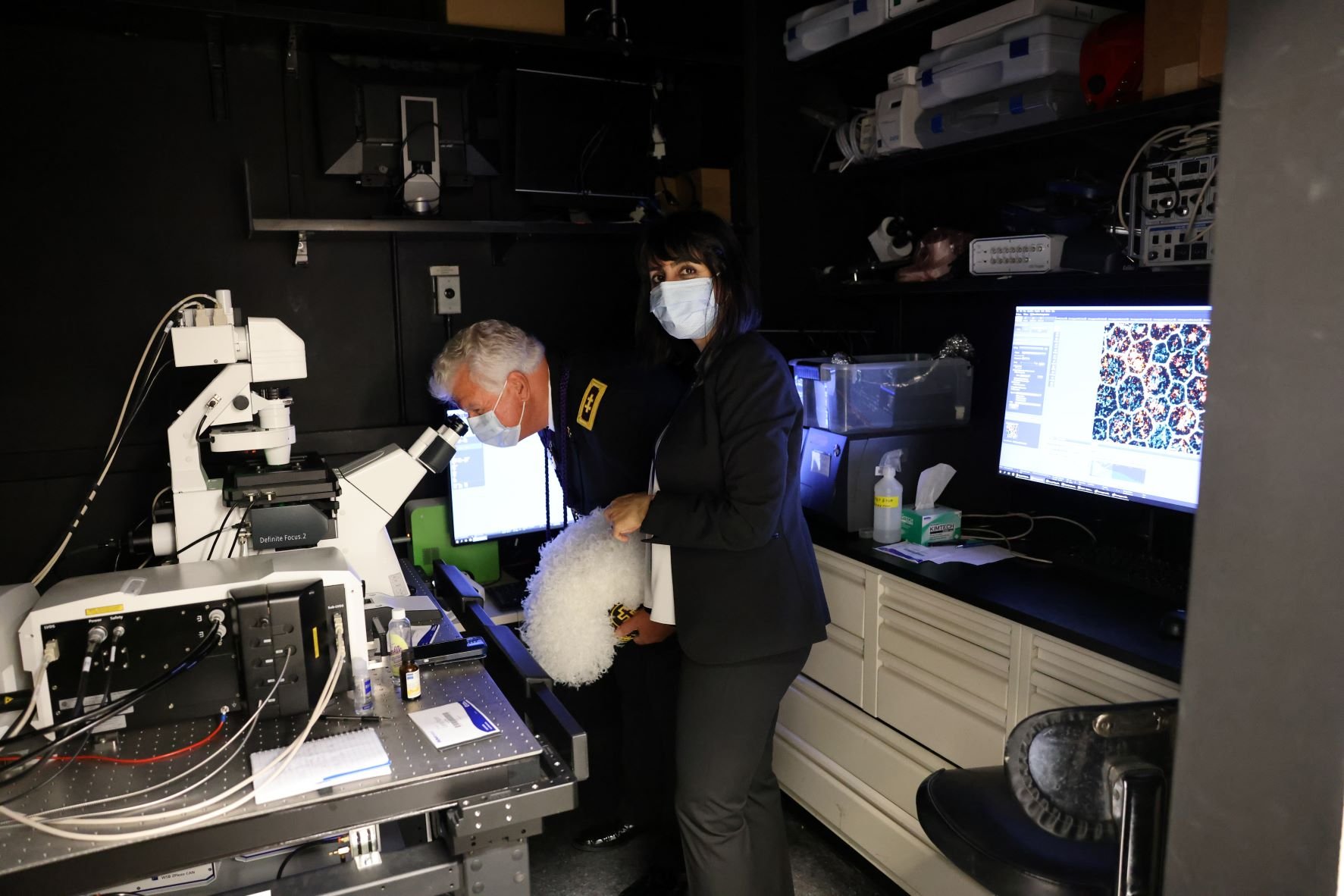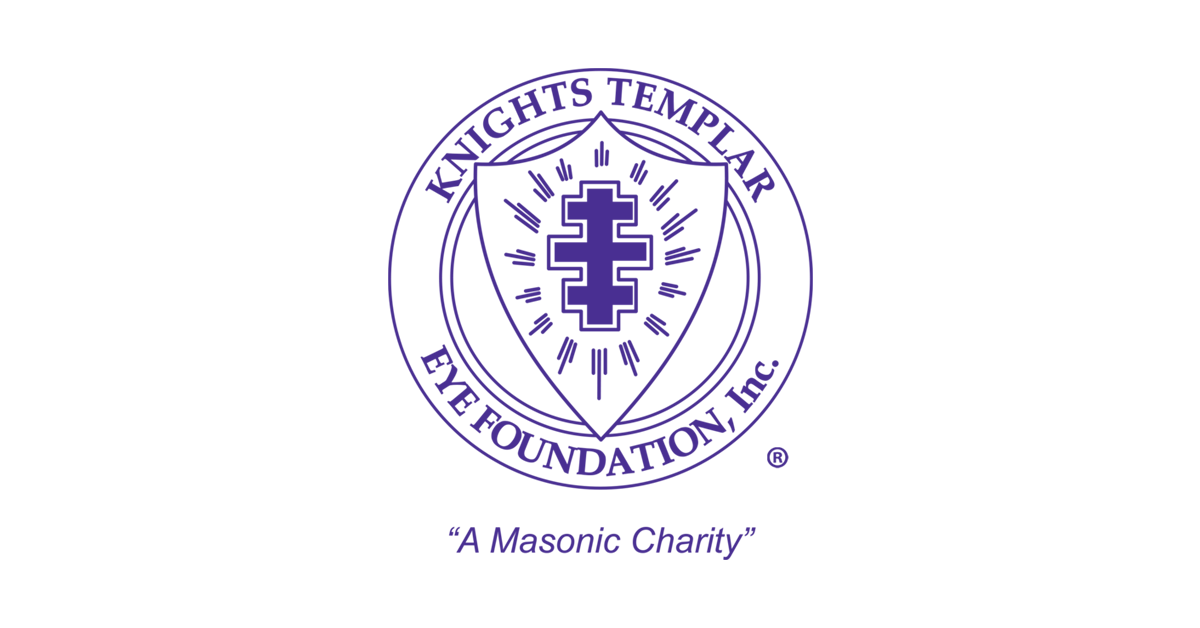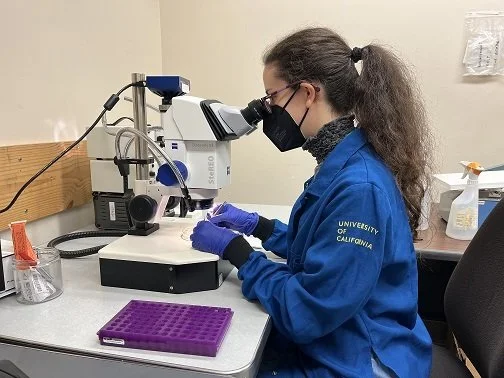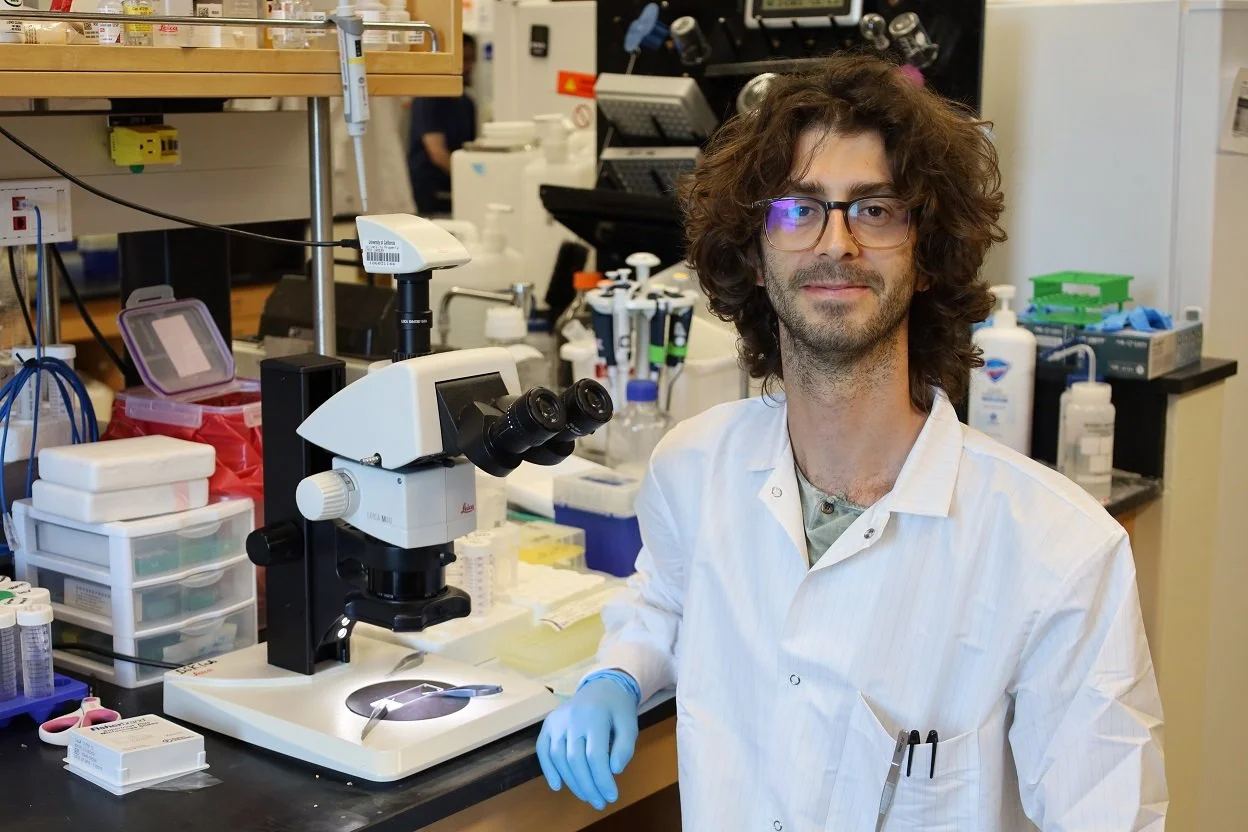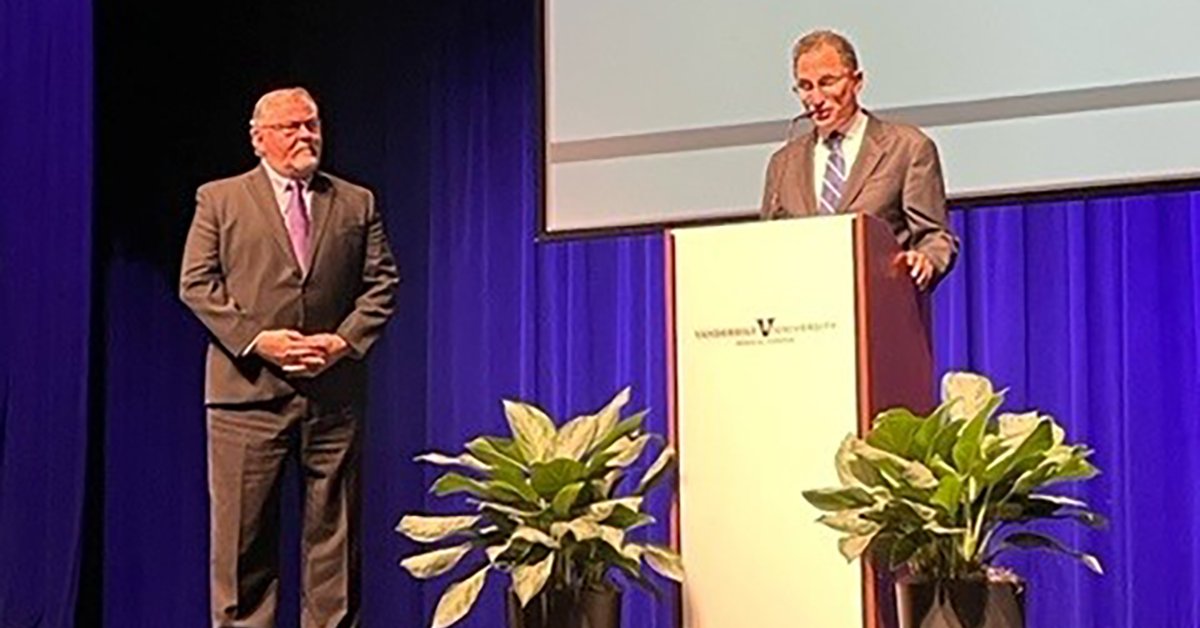To my fellow Sir Knights of the Grand Encampment, I am deeply honored to be called upon once again this year to serve the Knights Templar Eye Foundation as your Chairman for the 56th Annual Voluntary Campaign. I would like to thank Sir Knight David Kussman, our Grand Master and President of the Foundation for giving me the opportunity to serve this Foundation and Templary. We owe all the Sir Knights of the Grand Encampment a sincere thank you for all the donations we received during our the 55th Annual Voluntary campaign.
Read MoreAltogether, this project aims to provide important new insights into the regulation of pathologic retinal neovascularization in ROP by pericytes and also the identification of Sema3F as a novel regulator in ROP that could be targeted in patients.
Read MoreThis work will determine whether SOCS3, which links altered inflammatory responses in stressed photoreceptor cells with neovascularization, is important for neovascular ROP. The proposed research can help understand ROP disease and lead to new disease treatments.
Read MoreStargardt disease is a rare inherited retinal degeneration, affecting 1 in 10,000 children in the U.S., with no current treatment. Our experiments seek to find drugs that can improve lipid metabolism/handling in these cells but do not interfere with their normal functioning.
Read MoreUltimately, these studies will help Dr. Soetikno develop automatic imaging algorithms and tools to improve the care of ODD in pediatric patients
Read MoreDr. Oikawa will use cutting edge techniques to study how high IOP changes the activity of the immune cells in the developing and adult visual system in glaucoma at a single cell molecular level and tissue level. These experiments will help identify potential new targets for the development of effective treatments specifically tailored for pediatric glaucoma.
Read MoreThe Association for Research in Vision and Ophthalmology (ARVO) has awarded 95 travel grants this year to help student/trainee members attend the 2023 annual meeting in New Orleans, Louisiana, thanks to a grant to the ARVO Foundation for Eye Research from the Knights Templar Eye Foundation, Inc. (KTEF)
Read MoreDr. Mulfaul will make retinal organoids which contain the cell types responsible for vision, from both the patient cells and the corrected cells, and they will use single cell RNA sequencing to identify genes and pathways that are altered in Batten disease. This will allow Dr. Mulfaul to identify targets that they can use for the generation of therapies to restore vision.
Read MoreAt the end of the review process thirty Competitive Renewal & Career Starter grants for a total of $2,699,449.00 were recommended by the SAC Committee and later approved by the KTEF officers.
Read MoreBatten disease is one of the most common and devastating diseases of the brain and nervous system in children. This family of diseases is caused by mutations in 1 of 13 genes that normally allow nerve cells to break down waste products. Without the ability to breakdown cellular waste, those nerve cells become diseased and lead to rapid blindness, coordination and strength loss, decline in intelligence, and eventually seizures and premature death, usually before a child is 10 years old.
Read MoreRetinal ganglion cells (RGCs) are the principal neuron in the retina that transmit light signal from the photoreceptors to the brain ultimately leading to the perception of vision. Loss of RGCs is a final common endpoint in many childhood blindness such as optic nerve hypoplasia (ONH).
Read MoreAs these diseases can cause children to become blind, a time course of years is hardly adequate to save their vision. It is known that processes associated with the immune system, specifically those that enhance inflammation, are increased in retinal diseases. It is the goal of this proposal to test pharmaceuticals aimed at decreasing inflammation to preserve the vision of a mouse model of an early onset inherited retinal disease.
Read MoreDespite being needed in all cells of the body, mutations in NMNAT1 cause almost exclusively the death of photoreceptor cells, causing a severe vision loss since birth. Human induced pluripotent stem cells (hiPSC) have the potential to differentiate into photoreceptors and other cells of the retina mimicking retinal development.
Read MoreAmblyopia, aka ‘lazy eye’, is the leading cause of visual impairment, affecting ~1% of the population worldwide. It is most-often caused by a misalignment of the eyes during a childhood developmental ‘critical period’ for binocular vision. Because of a mismatch in the quality of vision for each eye during this period, the brain learns to ‘ignore’ the worse eye, resulting in a permanent loss of vision. After ~6-9 years of age in humans, there is no cure for this. Dr. Grieco recently found in pre-clinical studies that a neurotherapeutic induces visual system neuroplasticity and reverses the effects of amblyopia to restore vision.
Read MorePediatric blepharokeratoconjunctivitis (BKC) is a common but poorly understood childhood disease in which the surface of the eye becomes inflamed. This condition typically affects young children whose vision is still developing, causing issues from eye redness and irritation, to debilitating light sensitivity and permanent vision loss due to corneal scarring.
Read MoreThis data will provide new insight into mechanisms contributing to COL4A1-related ASD and could pave the way to understand more general causative mechanisms of ASD.
Read MoreHe will utilize a mouse model of acute retinal necrosis that he has developed, and mimics human disease, to better understand the pathogenesis of the disease and the role of important innate immune pathways to identify future therapeutic targets.
Read MoreThe overall goal of his research is to develop a non-invasive retinal drug delivery system for children affected by retinal diseases, which is currently exceptionally difficult due to the inadequacy of the administration method.
Read MoreThe Knights Templar Eye Foundation Inc. has announced a Pediatric Ophthalmology Research Grant Award Program of $3 Million. The Knights Templar Eye Foundation Inc. (KTEF) invites eligible investigators to submit applications for Pediatric Ophthalmology Career-Starter Research Grants for the next award period of July 1, 2023 to June 30, 2024. The Foundation estimates approximately 33 grants of $90,000 each will be awarded. Deadline for the receipt of the submission is Sunday January 15, 2023.
Read MoreThe Knights Templar Eye Foundation directorship in Pediatric Vision Research was established in March 2021 by the Knights Templar Eye Foundation in collaboration with Vanderbilt University Medical Center in honor of John S. Penn, PhD, to support clinical or basic research on conditions that are potentially preventable or correctable in infants and children. This Professorship endowment was awarded $2 million from the Foundation and was matched dollar for dollar by Vanderbilt University.
Read More



